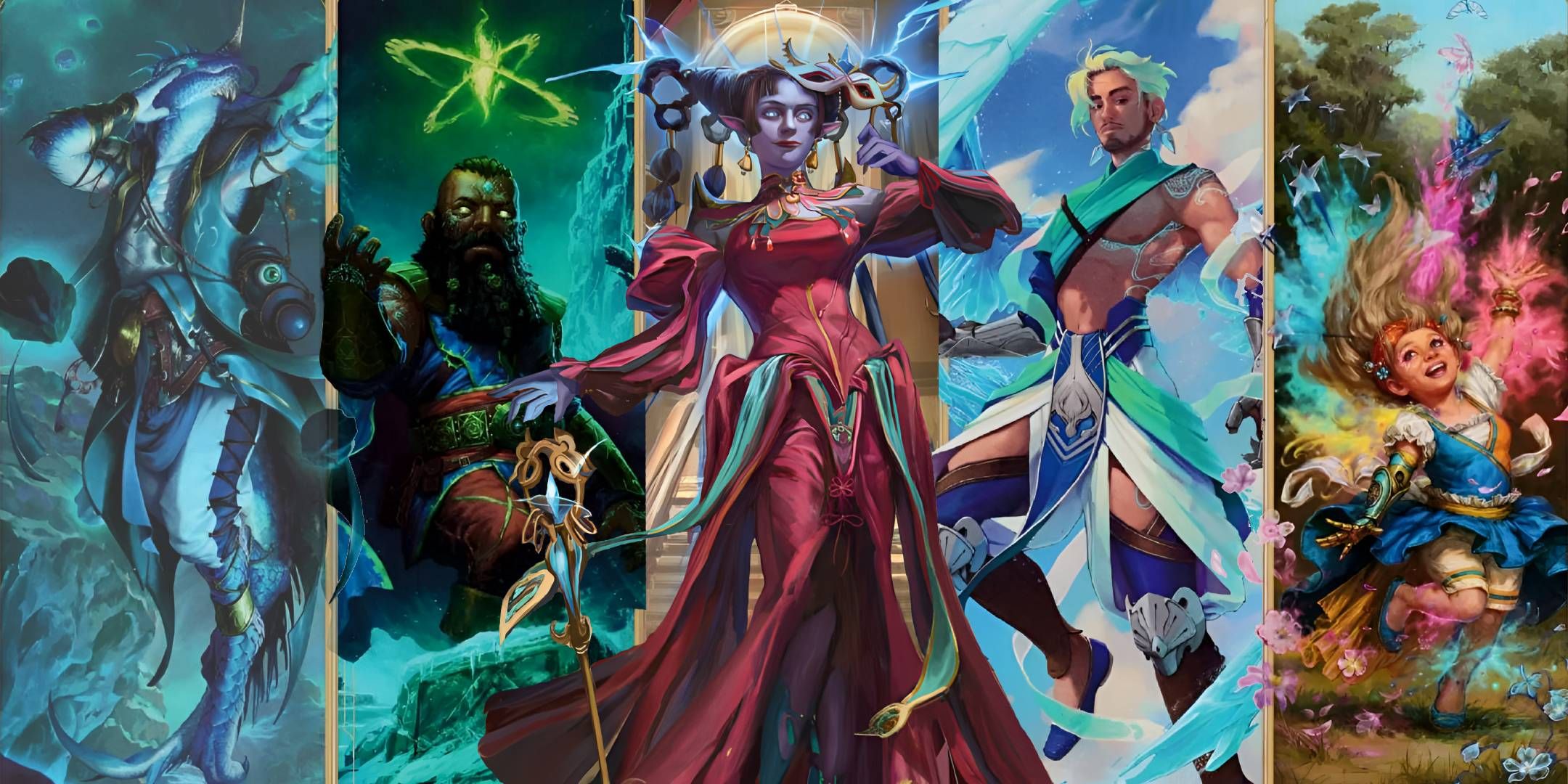Twist an NPC’s arm a bit with an influence roll in D&D.
With a little effort and forethought, you could have a unique background that doesnt break the game.
What Are Backgrounds?
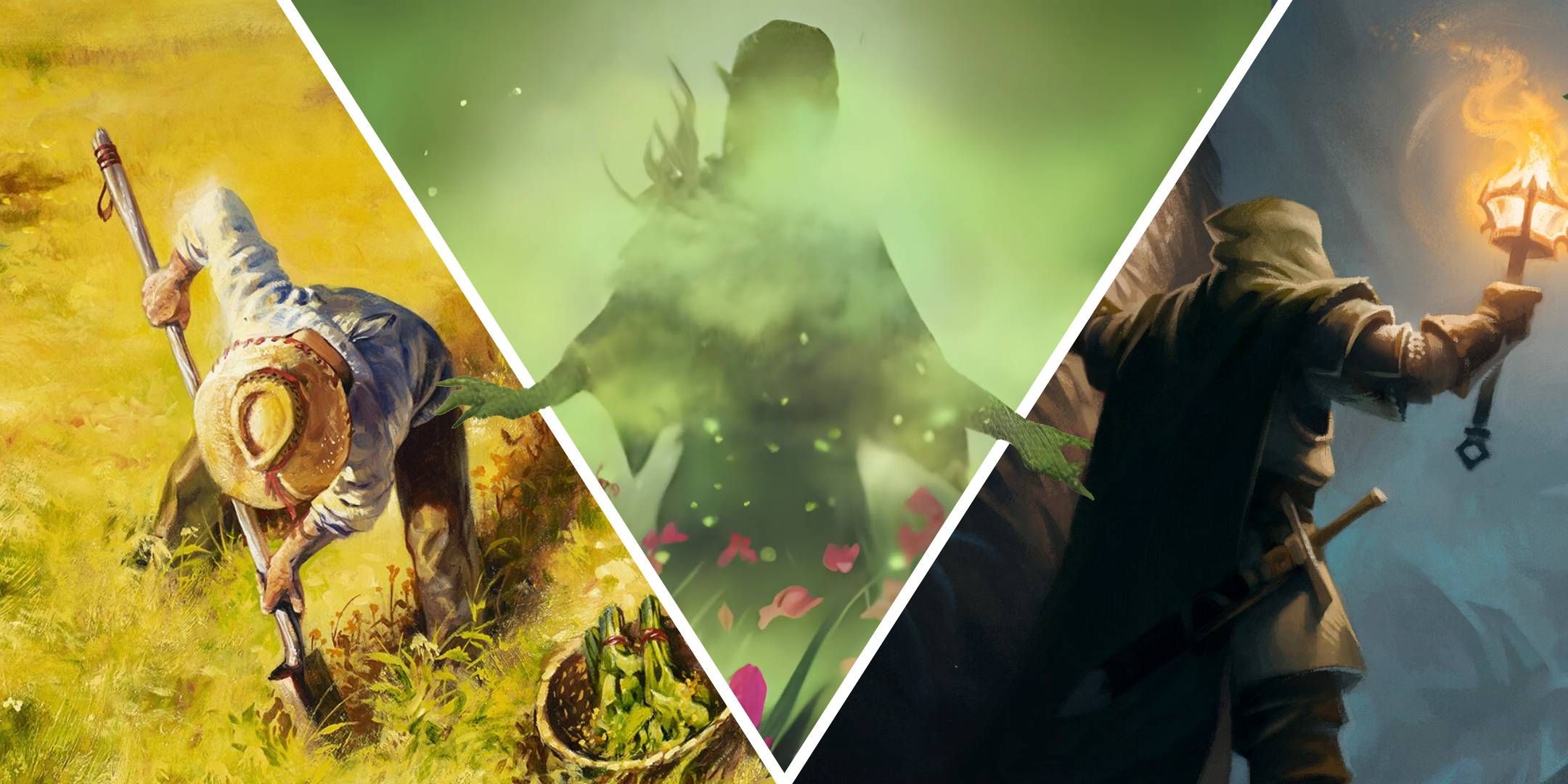
Backgrounds representwhere your character is from and what theyve done prior to becoming an adventurer.
Each background lists three ability scores.
Skill proficiencies representa skill or area of study that your character would be familiar withfrom that background.
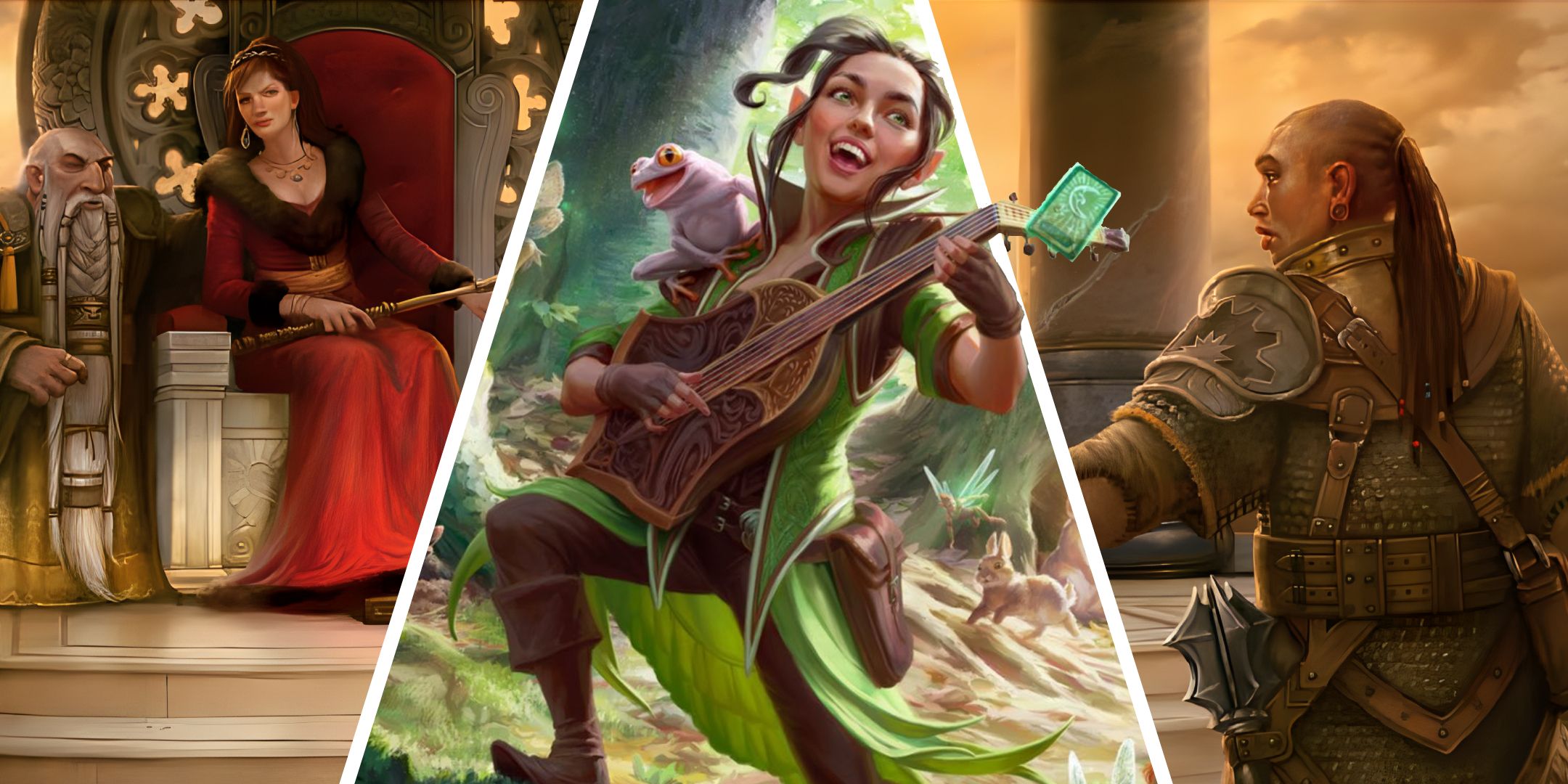
Folk Hero, by Kai Carpenter
They may not be an expert at it, but theyre at least passable.
All backgrounds get a tool proficiency.
Finally, all backgrounds come witha set of starting equipmenton top of what comes from your class.
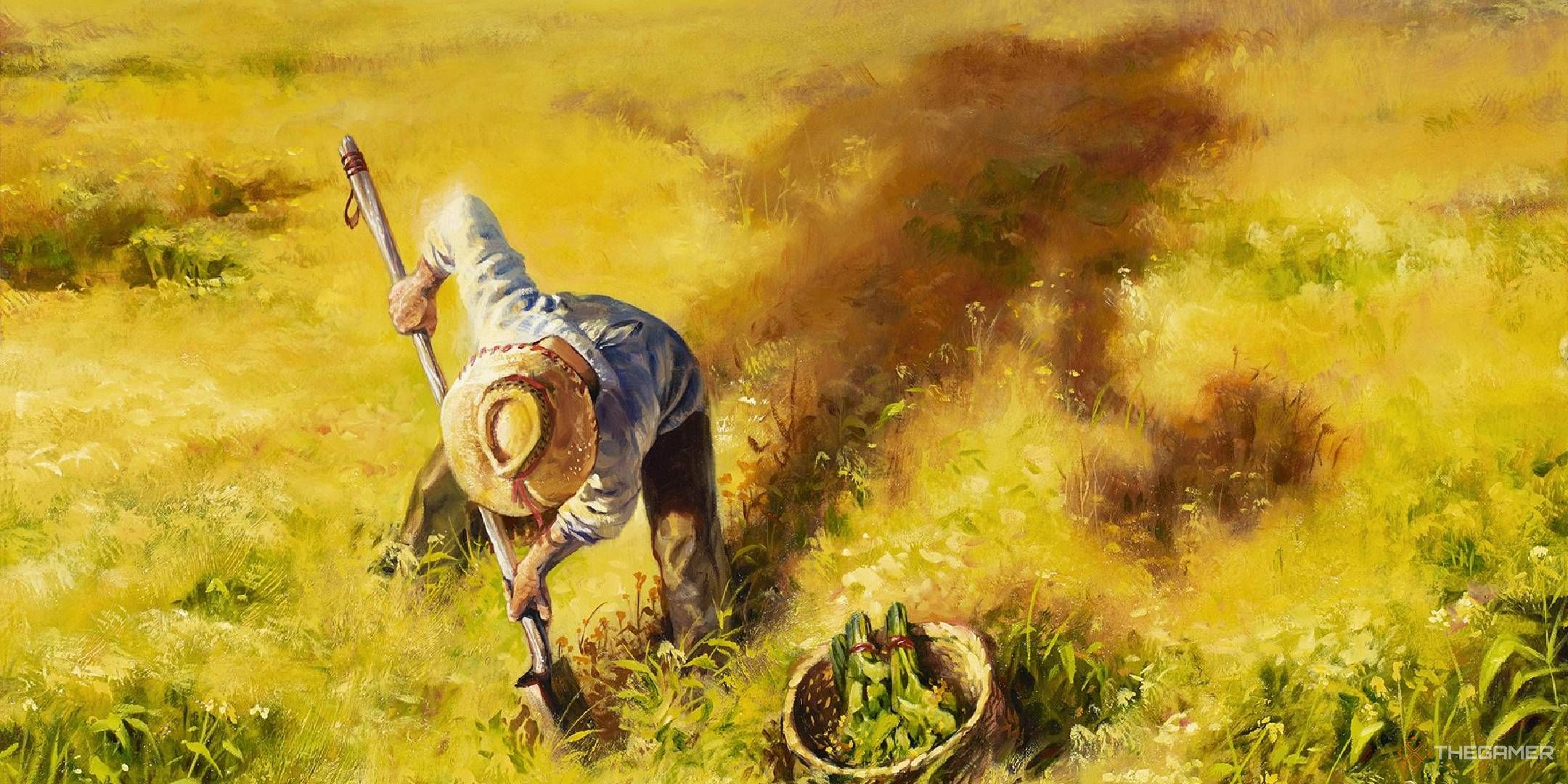
Folk Hero, by Kai Carpenter
The value of this starting equipment varies, but is always valued at about 50 GP.
Brewing Your Background
The first rule of homebrewing is toscale to the official options.
Instead, focus on staying on the same footing andcreating a flavorful background.
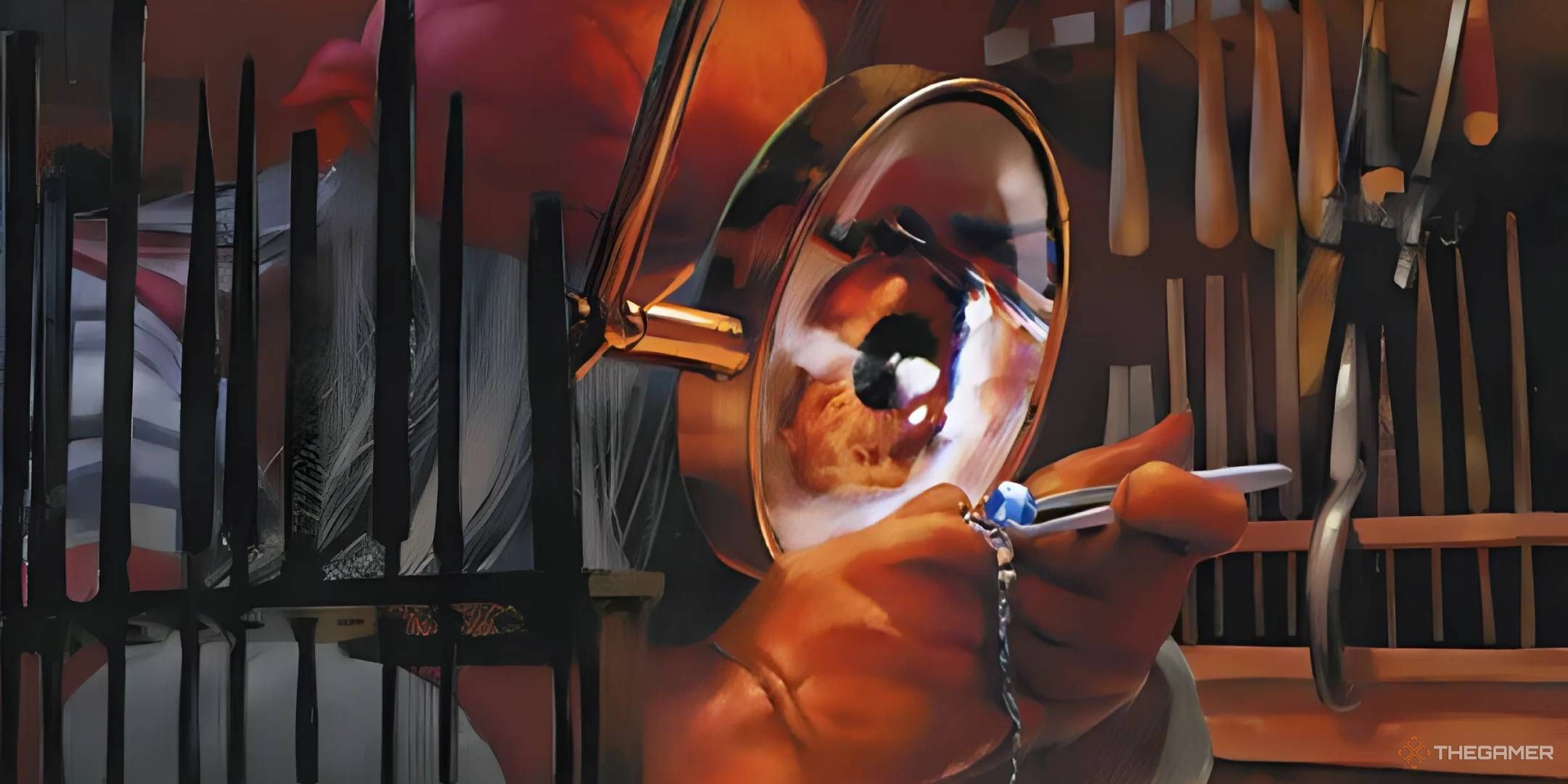
Guild Artisan, by Mark Behm
The first thing you should do iswrite a short descriptionof your background.
This will help feed all of the mechanical parts of the background.
In game development, this is calledtop-down design.
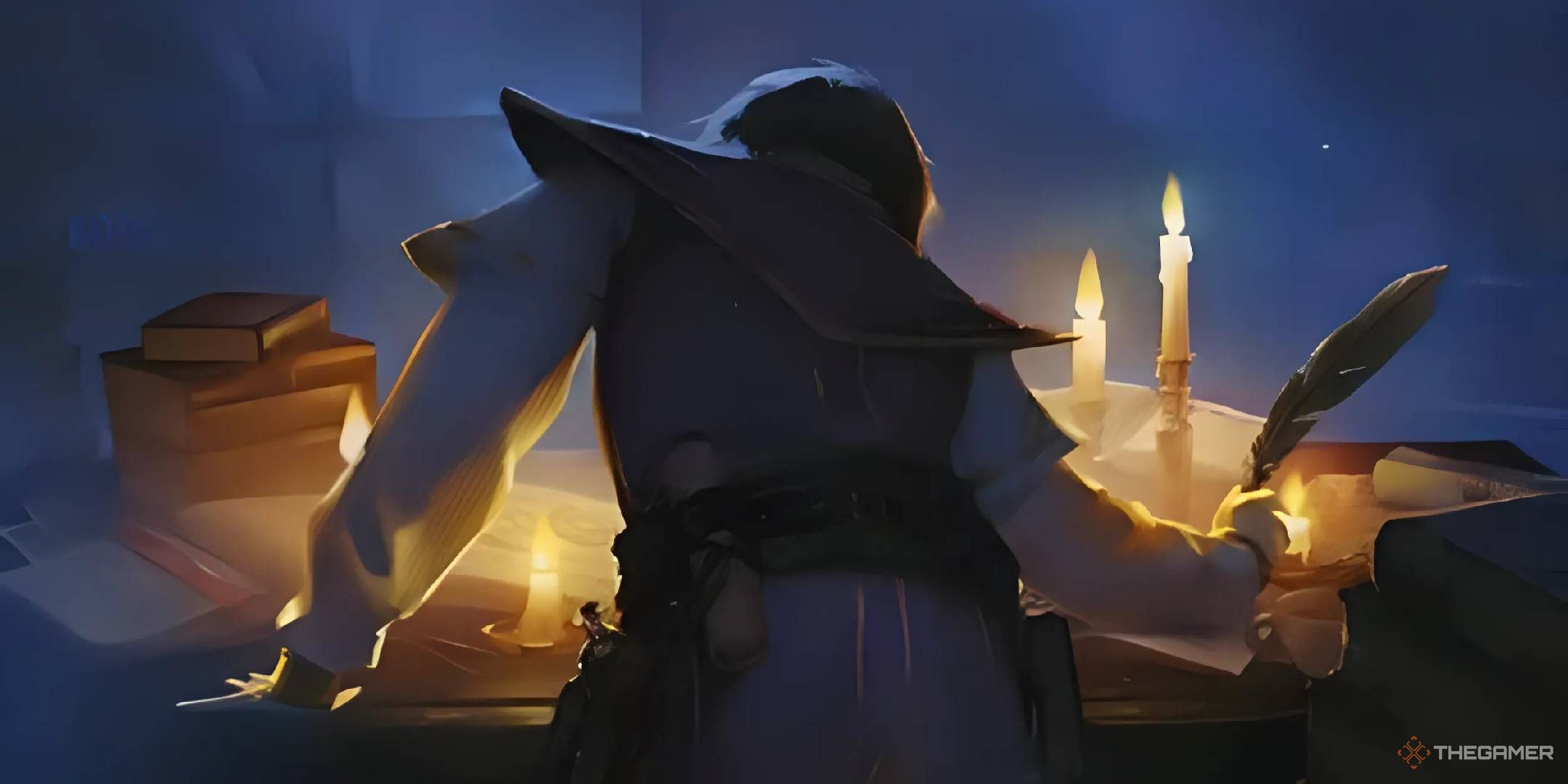
Candlekeep Sage, by Kim Sokol
You start with the flavor or result (My character is a runaway.
Next,pick three ability scoresthat someone of your background would likely develop.
With the ability scores locked in, its time tochoose your Origin feat.
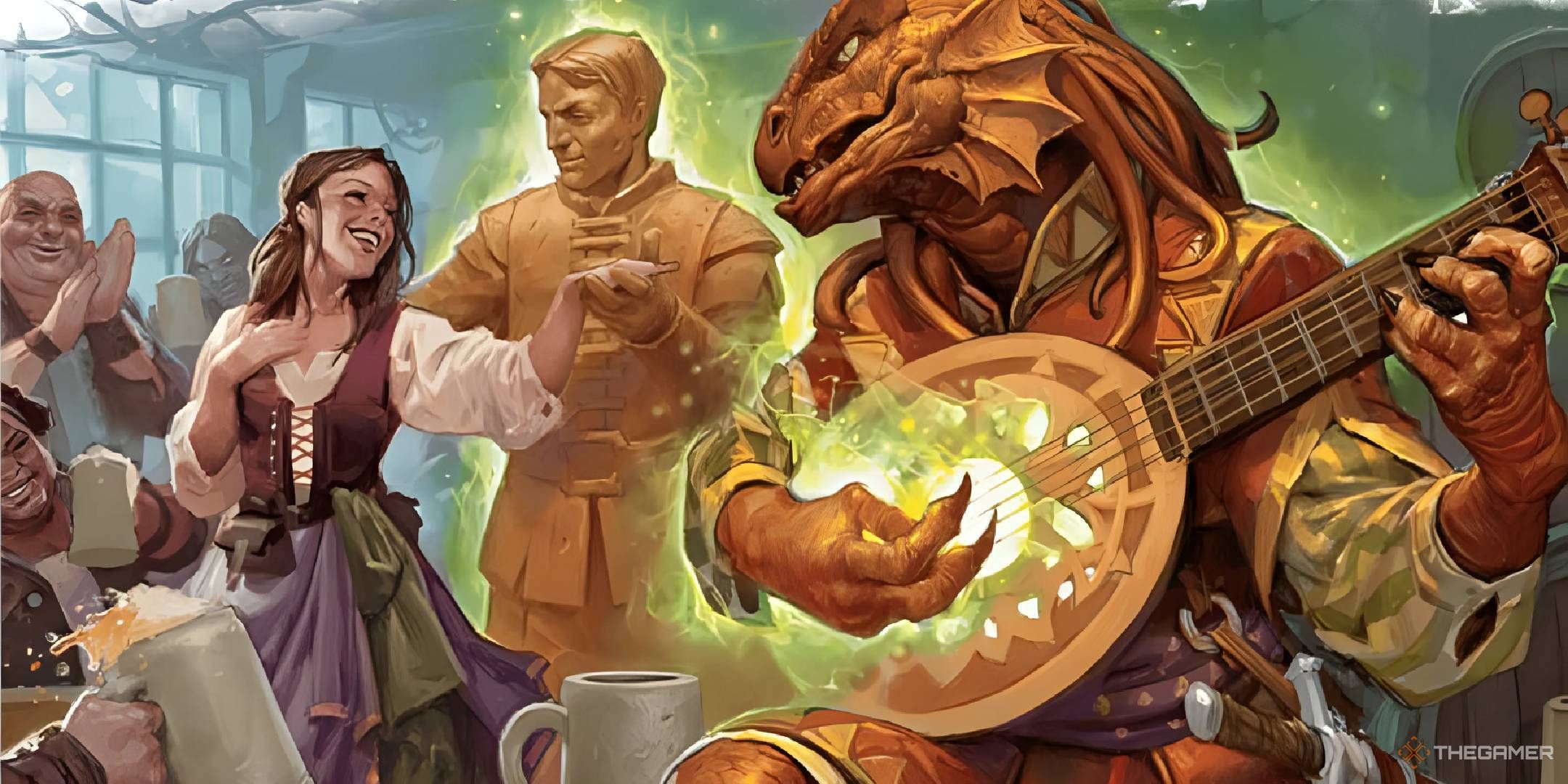
Art via Wizards of the Coast
This feat represents a special talent or trait that youve developed through the background.
After choosing the feat, its time tochoose two skill proficiencies.
This proficiency is also going to feed your equipment, in the next step.
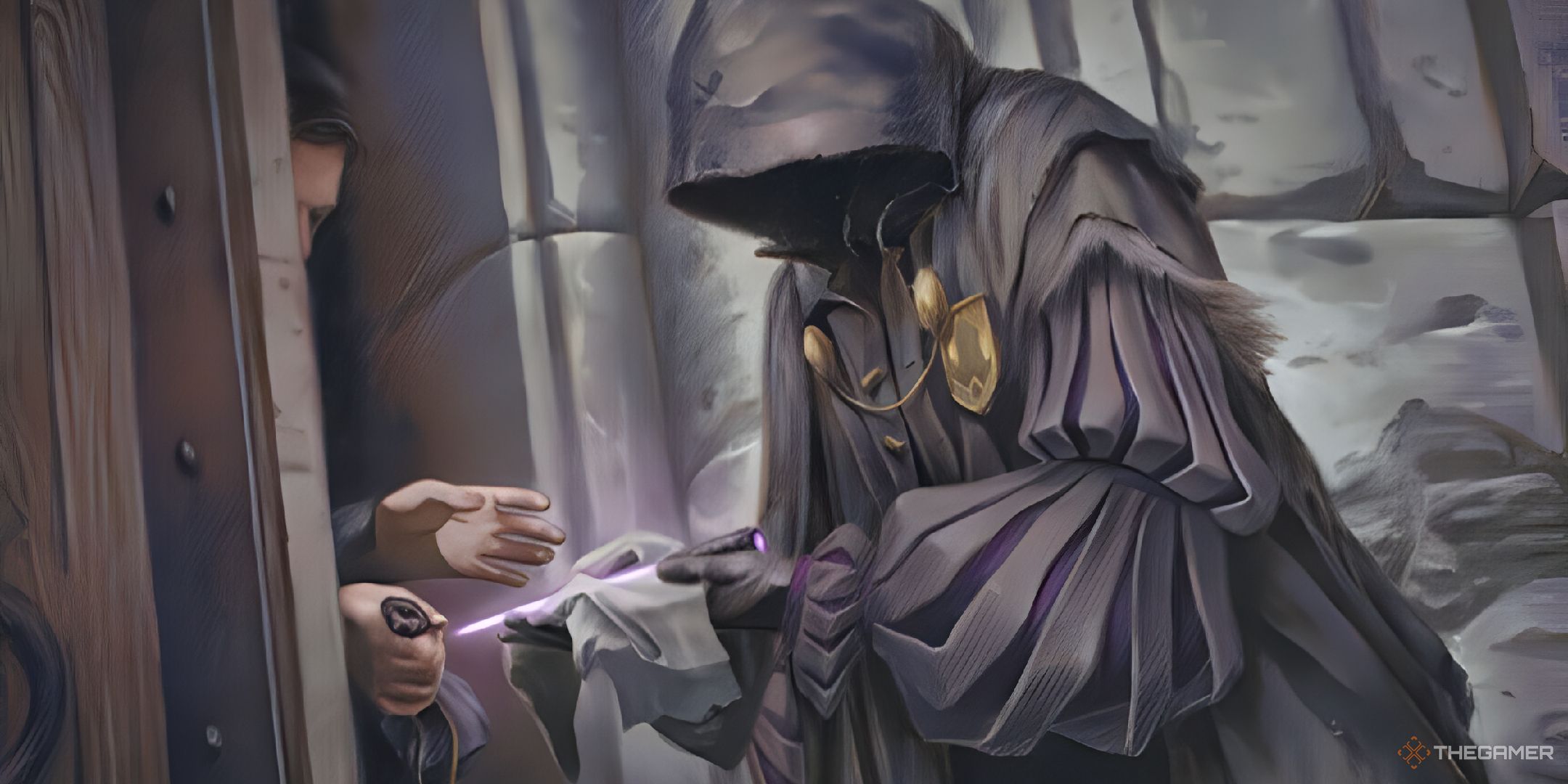
Agent of the Iron Throne, by Josh Hass
Finally,choose your equipment.
Simple weapons may be included, but armor and magic items should not be.
These backgrounds are fairly simple to update.
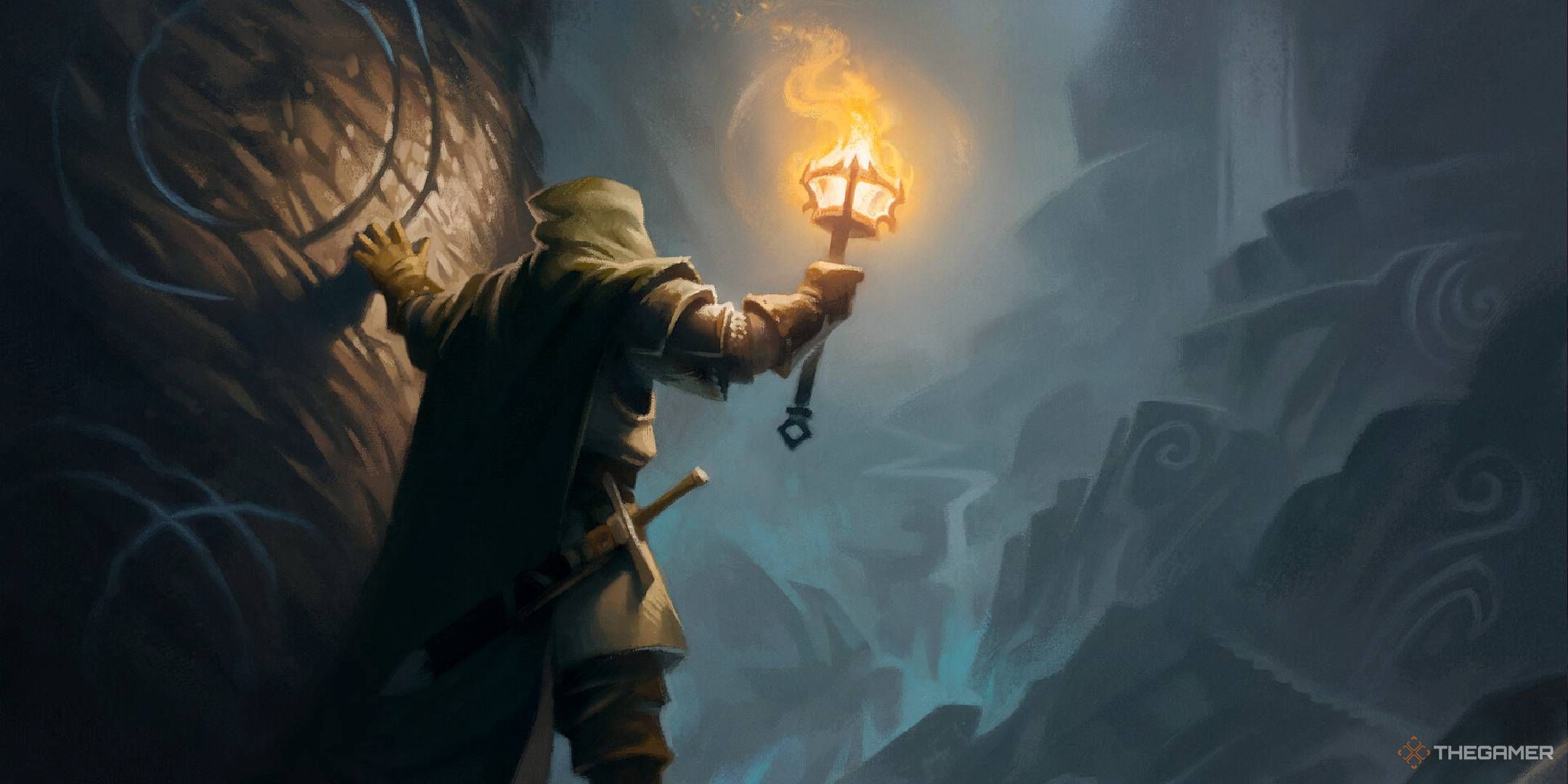
Dungeon Delver, by Edgar Sánchez Hidalgo
The skill and tool proficiencies can remain the same, and most languages can be dropped.
Perhaps you were a hireling for a group of adventurers or an archaeological survey.
Or perhaps you just made a hobby out of disarming traps and locks.
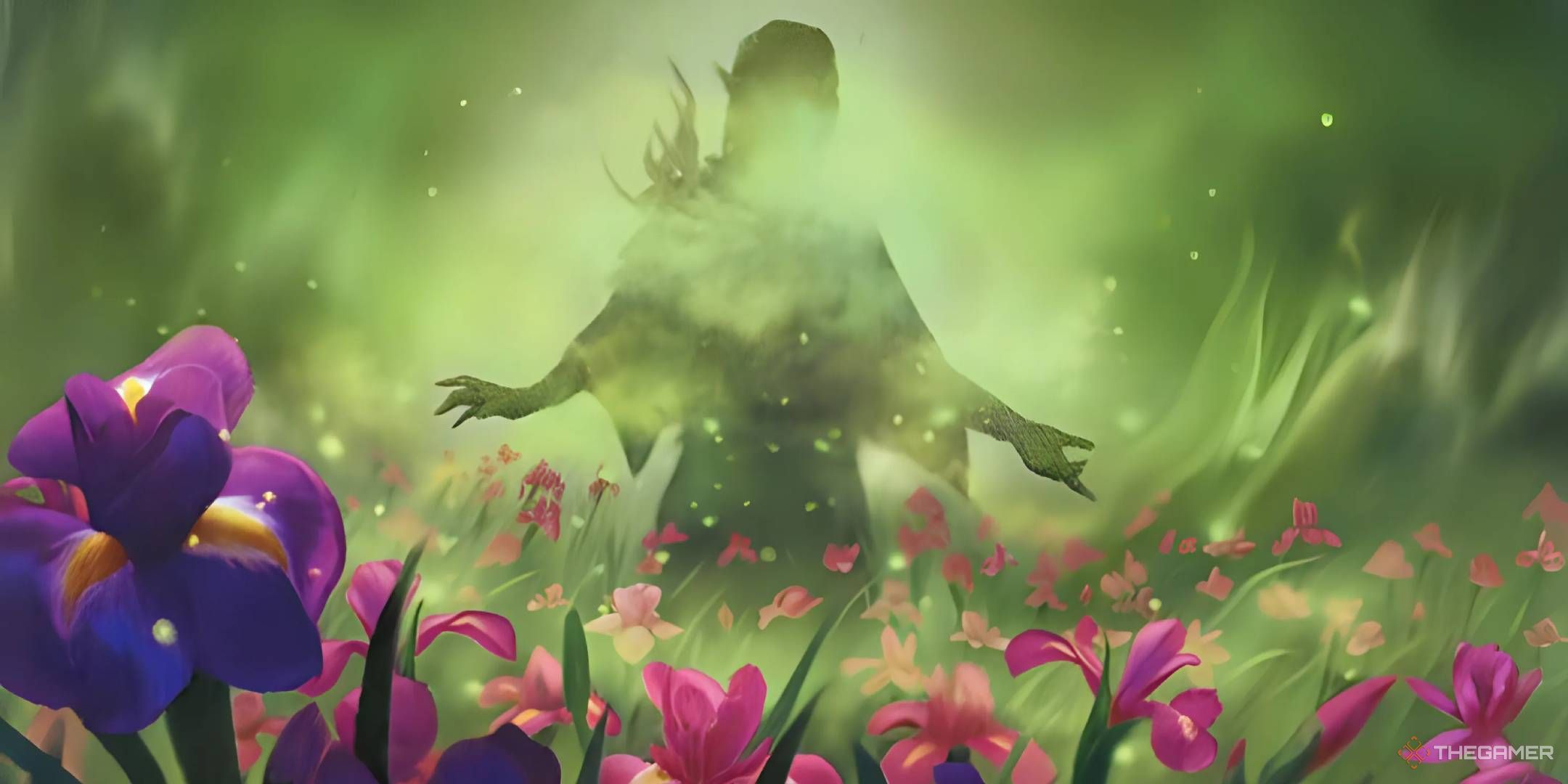
Jaheira’s Respite, by Mila Pesic
